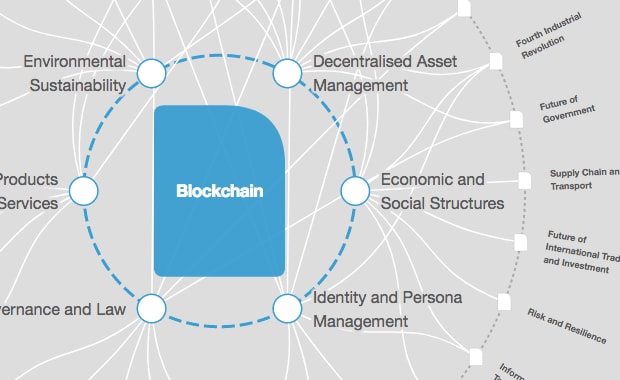Exchanges can't keep up with Bitcoin's surging prices

Many people are seeing Bitcoin as a way to make money, but what are the risks of this market? Image: REUTERS/Dado Ruvic
Bitcoin’s price surged today amid mayhem on the larger exchanges where the digital asset is traded. Prices quoted were sometimes a thousand dollars or more apart as the platforms reported their systems weren’t operating properly.
Bitfinex, one of the biggest exchanges, said it was investigating a denial-of-service attack, while Coinbase said its GDAX platform had a “minor service outage.” Gemini said bitcoin deposits were temporarily unavailable.

Bitcoin was quoted at least at high as $18,500 on Coinbase’s GDAXbefore falling as low as $15,101. The cryptocurrency was trading at about $14,000 at the start of the day, according to CoinDesk. It started the year at around $1,000.
A spokesman for Coinbase said price movements as high as 20% within a few hours aren’t uncommon for digital currencies, and that price fluctuations on other exchanges were similar in magnitude.

The homegrown technology used by many cryptocurrency exchanges is coming under strain just as big Wall Street firms will soon have much greater access to bitcoin. Institutional investors generally haven’t been able to trade this new breed of digital assets because they could run afoul of regulations. Futures, which allow traders to speculate on the future price of an asset without actually owning it, solve that problem.
It will be easier for major players to buy and sell the derivatives provided by global exchanges in Chicago, because they already trade other instruments—tied to stocks, bonds, commodities, and the like—on those regulated markets. Last week, the US Commodity Futures Trading Commission cleared the way for three firms to launch bitcoin derivatives.
Exchange operator Cboe Holdings will launch its bitcoin futures contract this weekend, while CME Group says its futures will launch on Dec. 18. These exchanges will rely on prices from the likes of Gemini and Coinbase for their derivatives contracts.
The Futures Industry Association, the main industry lobby group, warned that the introduction of bitcoin futures “did not allow for proper public transparency and input,” according to the Financial Times(paywall). While many in the industry see a chance to make money, others are concerned that the huge volatility in the market is dangerous.
Don't miss any update on this topic
Create a free account and access your personalized content collection with our latest publications and analyses.
License and Republishing
World Economic Forum articles may be republished in accordance with the Creative Commons Attribution-NonCommercial-NoDerivatives 4.0 International Public License, and in accordance with our Terms of Use.
The views expressed in this article are those of the author alone and not the World Economic Forum.
Stay up to date:
Blockchain
Related topics:
Forum Stories newsletter
Bringing you weekly curated insights and analysis on the global issues that matter.
More on Emerging TechnologiesSee all
Dr Gideon Lapidoth and Madeleine North
November 17, 2025






